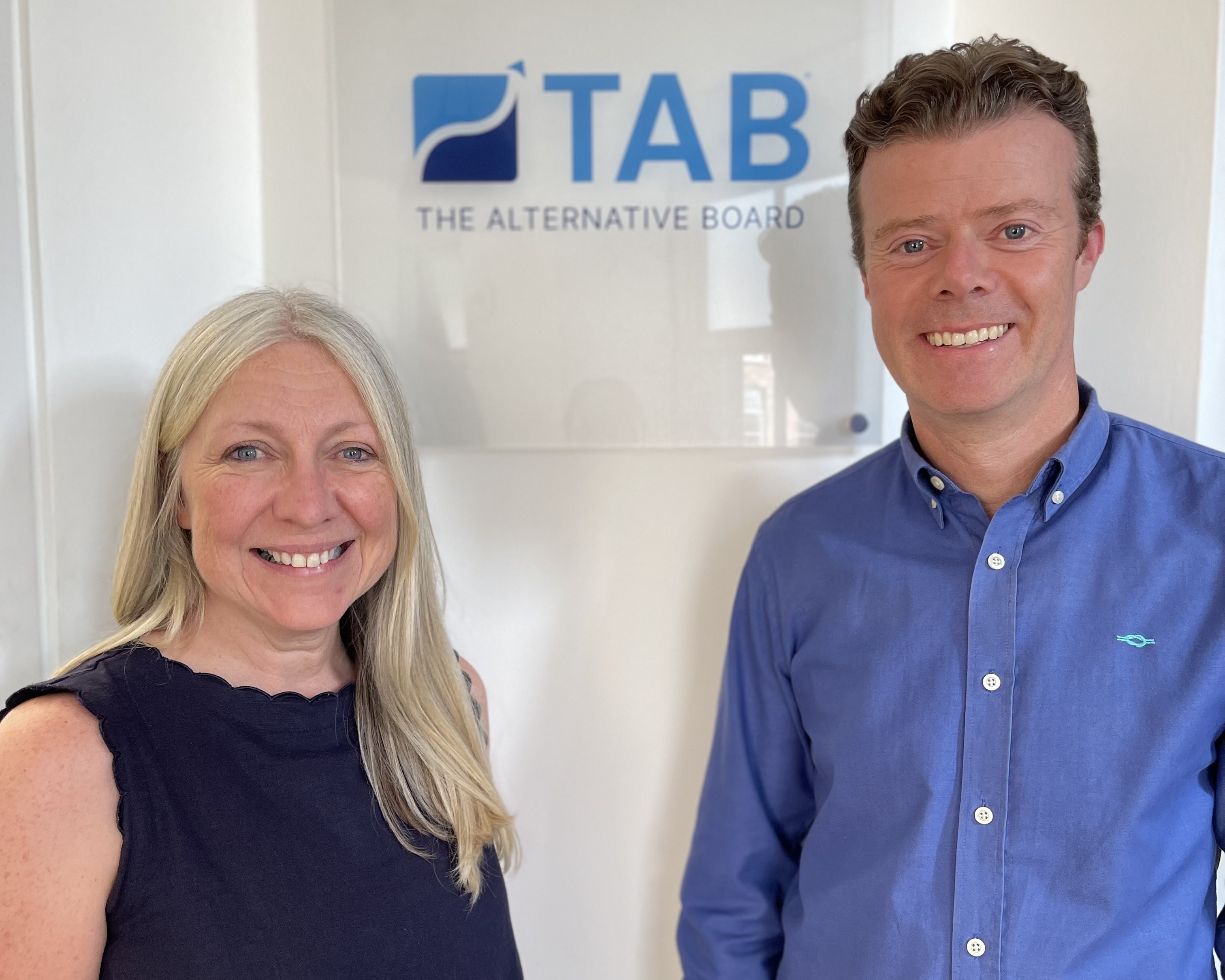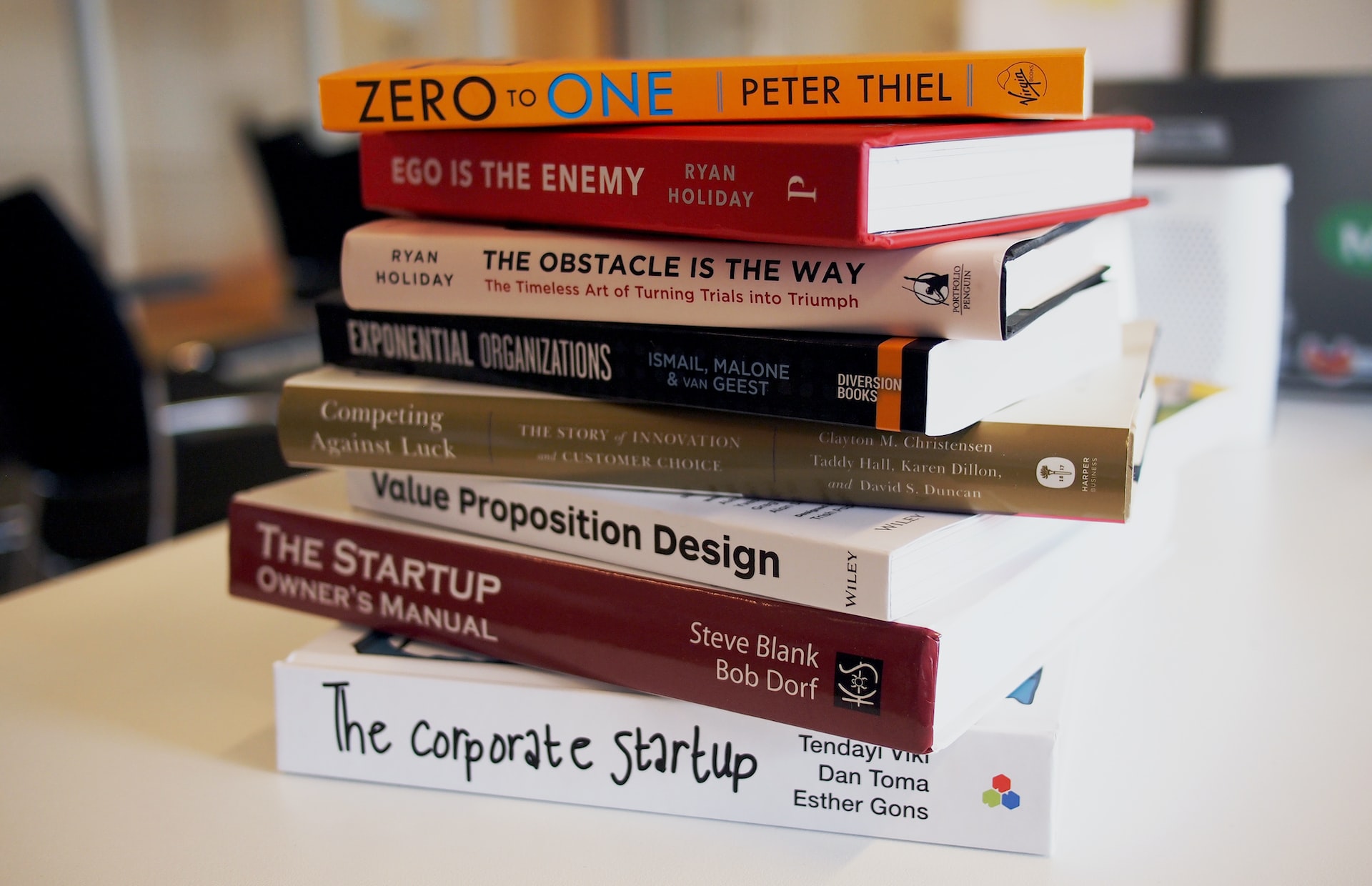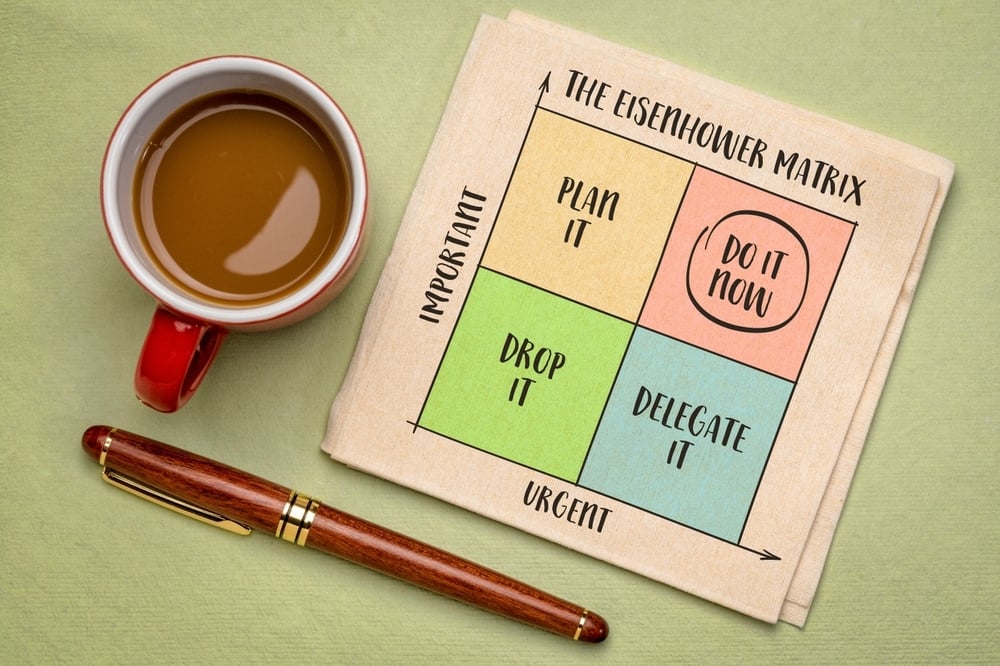
8 ways to become a more creative entrepreneur
by The Alternative Board (UK)
Listen to Audio Version:
Creativity is the lifeblood of entrepreneurship. It fuels innovation, drives growth, and sets successful businesses apart from the rest. Businesses are constantly vying for attention and market share, making creativity not just a nice-to-have but a necessity.
-Nov-30-2023-04-47-15-9977-PM.png?width=640&height=426&name=Untitled%20design%20(1)-Nov-30-2023-04-47-15-9977-PM.png)
A study by Nesta, the UK's innovation agency, found that creative businesses are more likely to survive and grow than their non-creative counterparts. They are also more likely to export their products and services, creating jobs and contributing to the UK economy.
But how can entrepreneurs become more creative? We caught up with some of our facilitators to create a list of eight effective strategies you need to consider:
Embrace Your Uniqueness: Understand Yourself as a Person
What are your strengths and weaknesses? What are your passions? What motivates you? Once you better understand yourself, you can identify the things that spark your creativity.
Damien Koziol believes understanding how you prefer to work is the first step to being more creative. He knows he is more extroverted, so if someone wants him to be creative, the best way would be to put him in a group to discuss a topic. The ideas would flow from him freely.
However, the best way for an introverted person to be creative may be to create time and space to think through a topic alone. Therefore, entrepreneurs must understand themselves and each other on a personality level to improve productivity and creativity.
Cultivate a Collaborative Spirit: Bounce Ideas Around with Others

Creativity flourishes when people come together and share their ideas. Connect with other entrepreneurs, experts in your industry, mentors, and potential customers to boost your creativity.
Engage in meaningful conversations, seek their feedback, and explore their perspectives. This collaborative approach sparks new ideas and provides valuable insights and validation, helping you take your creative endeavours to new heights.
Damien emphasises the importance of generating a wide range of ideas.
"This brainstorming process allows you to filter, test, and refine concepts, ultimately leading to the most innovative solution for your business challenge."
Isháun Sahni, another entrepreneurial leader, highlights the profound influence of our surroundings.
"By surrounding yourself with curious minds, you subconsciously absorb their creative approaches and perspectives. This osmosis of creativity can transform you into a more innovative business leader."
Isháun further advises business owners to leverage the power of a positively disruptive, confidential, and candid sounding board.
"This trusted group challenges assumptions, encourages unconventional thinking, and helps you break free from the confines of traditional approaches. TAB members, for instance, enjoy the privilege of accessing such a creative catalyst within their TAB Board."
Recharge and Rejuvenate: Take Time Away from Your Business
Even big businesses such as Google encourage employees to take time off to be more creative. Martin Munro, our facilitator in West Herts, shares his thoughts on why you should take time away from your business to become more creative:
"Innovation is about discovering new ways to operate, enhance processes, and fulfill customer needs. While radical changes may stem from emerging technologies, incremental improvements often arise from external perspectives. Business owners should regularly step back and engage in horizon-scanning to foster innovation."
Isháun agreed, saying that as a leader, taking time and being interested in new creative concepts is imperative. Why not try setting regular slots for creative thinking every week?
Seek Constructive Criticism: Embrace Feedback from Others
Once you've developed an idea, don't hesitate to share it with others. Seek feedback from trusted colleagues, mentors, or potential customers. Their insights can help you identify areas for improvement, refine your concept, and increase its chances of success.
Martin tells us that incremental changes are often derived from investing time and resources into constantly asking the question...
“What can we do to improve what we do?”
Learn from Mistakes: View Failure as a Learning Opportunity
Failure is an inevitable part of the creative process. Don't let setbacks discourage you. Instead, view them as learning opportunities. Analyse what went wrong, identify areas for improvement and pivot your approach. Resilience and adaptability are key traits of successful entrepreneurs.
Rick Dent thinks that entrepreneurs looking to be more creative would benefit from hearing Sir Ken Robinson’s TED talk on the subject of: ‘Do schools kill creativity?’
Robinson defines creativity as the process of generating original ideas with value. He contends that creativity often arises from the intersection of diverse perspectives, encompassing visual, auditory, kinesthetic, abstract, and movement-based approaches.
Robinson asserts that creativity is not something we naturally develop as we age but rather something we gradually lose or, as he poignantly states, "are educated out of." Children possess innate creativity, partly due to their willingness to embrace the possibility of being wrong. They are unafraid to take risks and explore uncharted territory.
Numerous companies operate under the philosophy of minimising mistakes. However, creativity and original ideas cannot flourish without embracing the possibility of error. Being wrong alone does not equate to creativity, but a willingness to experiment and learn from missteps does.
As a business leader, foster a work culture that encourages creativity by minimising punishments for mistakes and recognising the value of diverse perspectives. By embracing failure as a catalyst for growth, you empower your team to explore new possibilities and drive innovation.
Surround Yourself with Creative Minds: Seek Inspiration from Your Network

The company you keep can significantly impact your creativity. Seek out individuals who value innovation, artistic expression, and unconventional thinking. Engage in stimulating conversations, attend creative events, and participate in workshops or conferences. Surrounding yourself with like-minded individuals nurtures a dynamic exchange of ideas and inspiration.
"Creativity is not a gift from God only granted to certain people. Rather, it is something that all entrepreneurs can cultivate. There is a method to being creative." - Dougie Brown
According to psychologist and professor Dr Robert Epstein, there are four key elements of creativity:
- Capturing – preserve new ideas as they come to you and do so without judging them. Writing down ideas and notions at the moment “hijacks the inner censor”, and they are not lost after they first come to mind.
- Challenging – embrace tough problems and situations – multiple behaviours that ensue competition and their interconnections create new behaviours and ideas. The most creative entrepreneurs are much less discouraged than others when there is no immediate enthusiasm for their ideas.
- Broadening - simply continue to learn new and interesting things. The more diverse your knowledge, the more interesting your interconnections are. Creative entrepreneurs have many ideas that do not work, but the point is they have many ideas.
- Surrounding – the more interesting the people and things that you have around you, the more interesting your own ideas become. Creative entrepreneurs will surround themselves with diverse influences through the people they spend time with, the books they read and the experiences with which they engage.
Experimentation is Key: Don't Fear to Explore New Ideas

Step out of your comfort zone and embrace experimentation. Try new things, explore unfamiliar concepts, and challenge your assumptions. Pushing boundaries often leads to unexpected breakthroughs and innovative solutions.
Entrepreneurs can rekindle their sense of wonder and exploration by drawing inspiration from children's innate creativity. Approach challenges with a childlike curiosity, asking "Why?" and "What if?" Experiment freely, testing innovative ideas without fear of failure.
Research by Dr. George Land revealed that adults possess only 2% of five-year-olds' creativity. However, he asserted that creativity can be nurtured through experimentation, exploration, questioning assumptions, utilising imagination, and synthesising information.
So, give it a go – be more childish!
Embrace the Joy of Creativity: Find Delight in the Process
Creativity should be a source of joy and fulfilment, not a chore or obligation. When you embrace the playful nature of creativity, you open yourself up to a world of possibilities and innovative solutions.
A company's culture, defined by its shared vision and values, plays a pivotal role in fostering creativity. Damien, Isháun, Rick, and Martin emphasise the importance of creating an environment that rewards innovative thinking and embraces new ideas.
By encouraging creative exploration among their teams, business owners and leaders empower their employees and nurture their own creative spark.
Remember, creativity thrives in an atmosphere of joy, experimentation, and open-mindedness. Embrace the playful spirit of innovation and watch your business flourish with groundbreaking ideas.
Could creativity even be one of your cultural values? Check out our chapter on how to live out your company culture for more pointers.
Key Takeaways
-
Follow a method to being creative: There are four key elements of creativity: capturing, challenging, broadening, and surrounding.
-
Be childish: Don't be afraid to experiment and test new ideas without fear of failure.
-
Create a creative culture: Encourage an environment that rewards new concepts and ideas.
By following these tips, you can become a more creative entrepreneur and take your business to the next level.
Related articles

Leeds business shortlisted for national award
TAB UK, finalist in the 2023 Great British Entrepreneur Awards, drives UK entrepreneurial growth through impactful SME coaching and peer advisory.

Are we Appreciated?
Ed reflects on Branson and Fox's views on private enterprise in the UK, raising questions about the future of entrepreneurship and risk-taking in business.

The seven ages of the entrepreneur
Ed Reid, our managing director talks about the seven ages of a entrepreneur from deciding to start a business to selling it.





